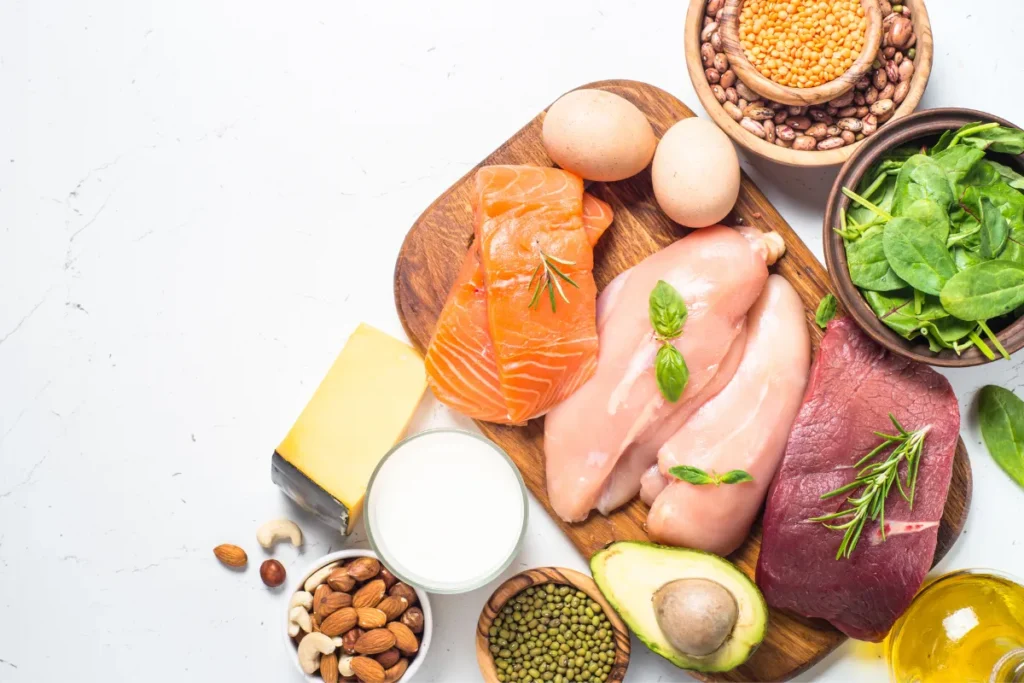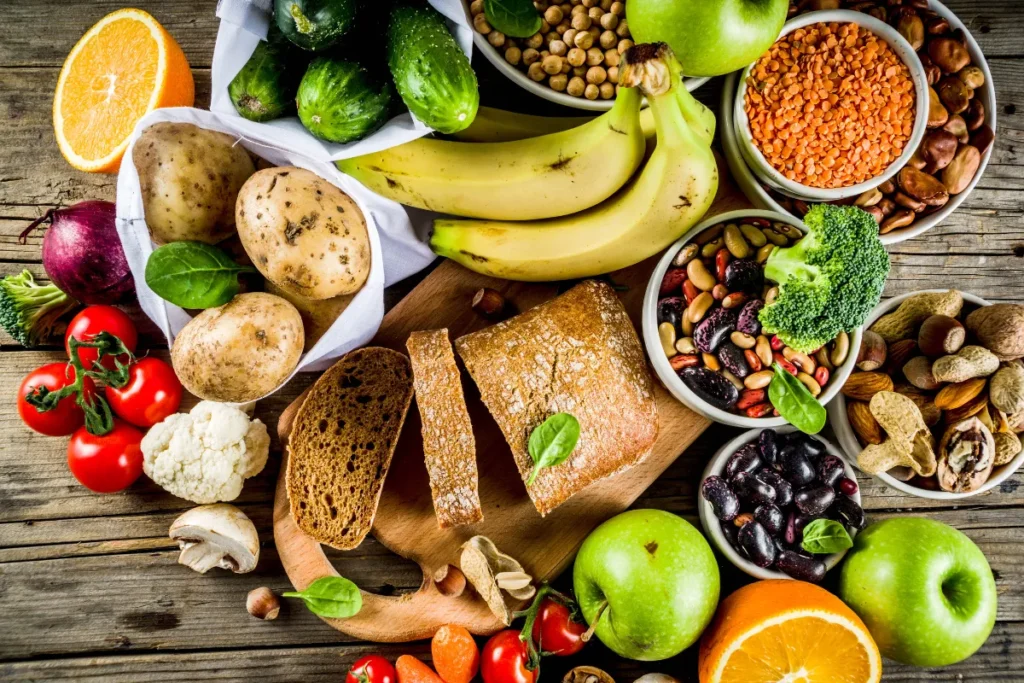Introduction:
Bulking, in the realm of fitness and bodybuilding, typically refers to a period where individuals focus on gaining muscle mass and strength.
However, traditional bulking methods often involve consuming excessive calories, which can lead to unwanted fat gain.
Clean bulking offers an alternative approach, emphasizing quality nutrition to support muscle growth while minimizing fat accumulation.
In this comprehensive guide, we’ll delve into the concept of clean bulking, its benefits, strategies, and provide a list of the best foods to support your muscle-building journey.
Understanding Clean Bulking:
Clean bulking is a method of gaining muscle mass without accumulating excessive body fat.
Unlike traditional bulking, where individuals consume surplus calories indiscriminately, clean bulking prioritizes nutrient-dense foods and precise caloric intake.
The goal is to promote muscle growth while maintaining a relatively lean physique.
Benefits of Clean Bulking:
Muscle-to-Fat Ratio:
By focusing on nutrient-dense foods and controlling calorie intake, clean bulking helps maintain a favorable ratio of muscle to fat gain.
Improved Nutrient Absorption:
Nutrient-dense foods provide essential vitamins, minerals, and micronutrients crucial for overall health and optimal muscle growth.
Sustainable Progress:
Clean bulking promotes a more sustainable approach to muscle gain, reducing the likelihood of rapid weight fluctuations and associated health risks.
Enhanced Performance:
Proper nutrition supports energy levels, recovery, and performance during workouts, facilitating better training outcomes.
Long-Term Health:
Clean bulking emphasizes whole, unprocessed foods, which can contribute to better long-term health outcomes and reduce the risk of chronic diseases.
Strategies for Clean Bulking:
Calculate Caloric Needs:
Determine your daily caloric requirements based on factors such as age, gender, weight, activity level, and fitness goals.
Aim for a moderate caloric surplus to support muscle growth without excessive fat gain.
Macronutrient Distribution:
Focus on consuming adequate protein to support muscle repair and growth, along with balanced amounts of carbohydrates and healthy fats to fuel workouts and support overall health.
Timing of Meals:
Distribute your calorie intake evenly throughout the day, prioritizing pre- and post-workout nutrition to support muscle recovery and growth.
Monitor Progress:
Regularly track your body composition, strength gains, and overall progress to adjust your nutrition and training regimen accordingly.
Stay Hydrated:
Proper hydration is essential for optimal performance, recovery, and overall health.
Aim to drink plenty of water throughout the day, especially during and after workouts.
Best Foods for Clean Bulking:
Lean Protein Sources:

Chicken breast
Turkey breast
Fish (salmon, tuna, tilapia)
Lean cuts of beef or pork
Eggs and egg whites
Greek yogurt
Cottage cheese
Tofu and tempeh
Complex Carbohydrates:

Sweet potatoes
Brown rice
Quinoa
Oats and oatmeal
Whole grain bread and pasta
Legumes (beans, lentils, chickpeas)
Vegetables (broccoli, spinach, kale, carrots)
Fruits (bananas, berries, apples, oranges)
Healthy Fats:

Avocado
Nuts and seeds (almonds, walnuts, chia seeds, flaxseeds)
Olive oil
Coconut oil
Fatty fish (salmon, mackerel, sardines)
Nut butters (peanut butter, almond butter)
Dairy and Dairy Alternatives:

Milk (skim or low-fat)
Cheese (low-fat varieties)
Whey or plant-based protein powders
Almond milk, soy milk, or other dairy-free alternatives
Nutrient-Dense Snacks:
Greek yogurt with fruit
Cottage cheese with sliced vegetables
Hummus with whole grain crackers or vegetable sticks
Protein smoothies (blend protein powder with fruits, vegetables, and nut butter)
Trail mix (nuts, seeds, and dried fruits)
Hard-boiled eggs
Rice cakes with almond butter
Conclusion:
Clean bulking offers a sustainable and health-conscious approach to gaining muscle mass while minimizing fat accumulation.
By focusing on nutrient-dense foods, controlling caloric intake, and following sound nutritional strategies, individuals can achieve their muscle-building goals effectively and maintain a lean physique.
Incorporating the best foods for clean bulking into your diet can provide the essential nutrients needed to support muscle growth, improve performance, and enhance overall health.
Remember to monitor your progress, stay hydrated, and adjust your nutrition and training regimen as needed to optimize your results.
With dedication, consistency, and proper nutrition, clean bulking can help you achieve your desired physique while promoting long-term health and wellness.

